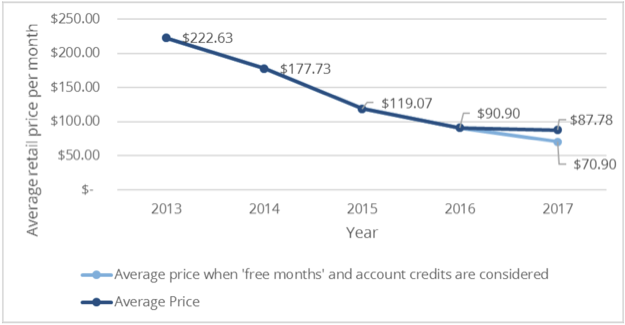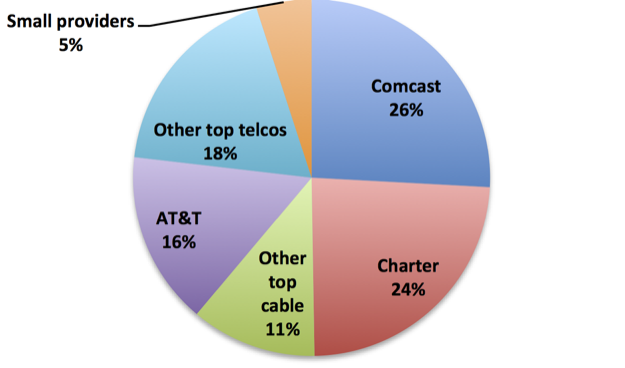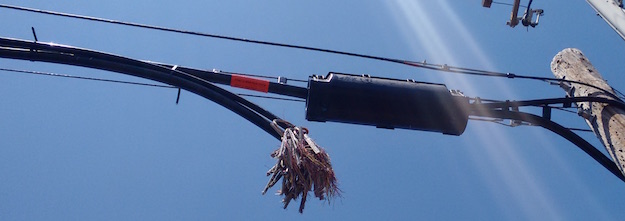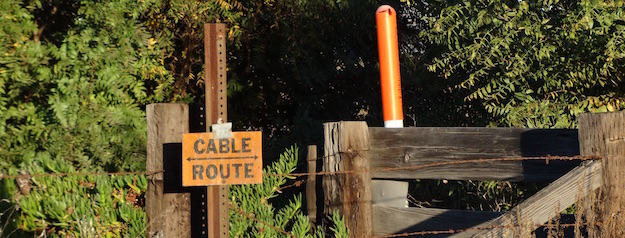Open access fiber drives down consumer broadband prices in New Zealand
A national project to build fiber-to-the-premise infrastructure and offer it to any Internet service provider on a wholesale basis began in New Zealand in 2011, with an initial goal of reaching 75% of Kiwi homes and businesses. According to a study done by International Data Corporation, a research firm, and sponsored by Spark, the biggest NZ reseller of FTTP service, the build out has reached about 65% of NZ premises, and the goal is now to reach 87% by 2022.… More






![By Robert Scoble (Flickr) [CC BY 2.0 (http://creativecommons.org/licenses/by/2.0)], via Wikimedia Commons](https://www.tellusventure.com/images/2018/2/randall_stephenson_625.jpg)



![By Kerrie _ (2015 PREMIERS) [CC BY-SA 2.0 (https://creativecommons.org/licenses/by-sa/2.0)], via Wikimedia Commons](https://www.tellusventure.com/images/2017/11/aussie_rules_dropped_ball.jpg)